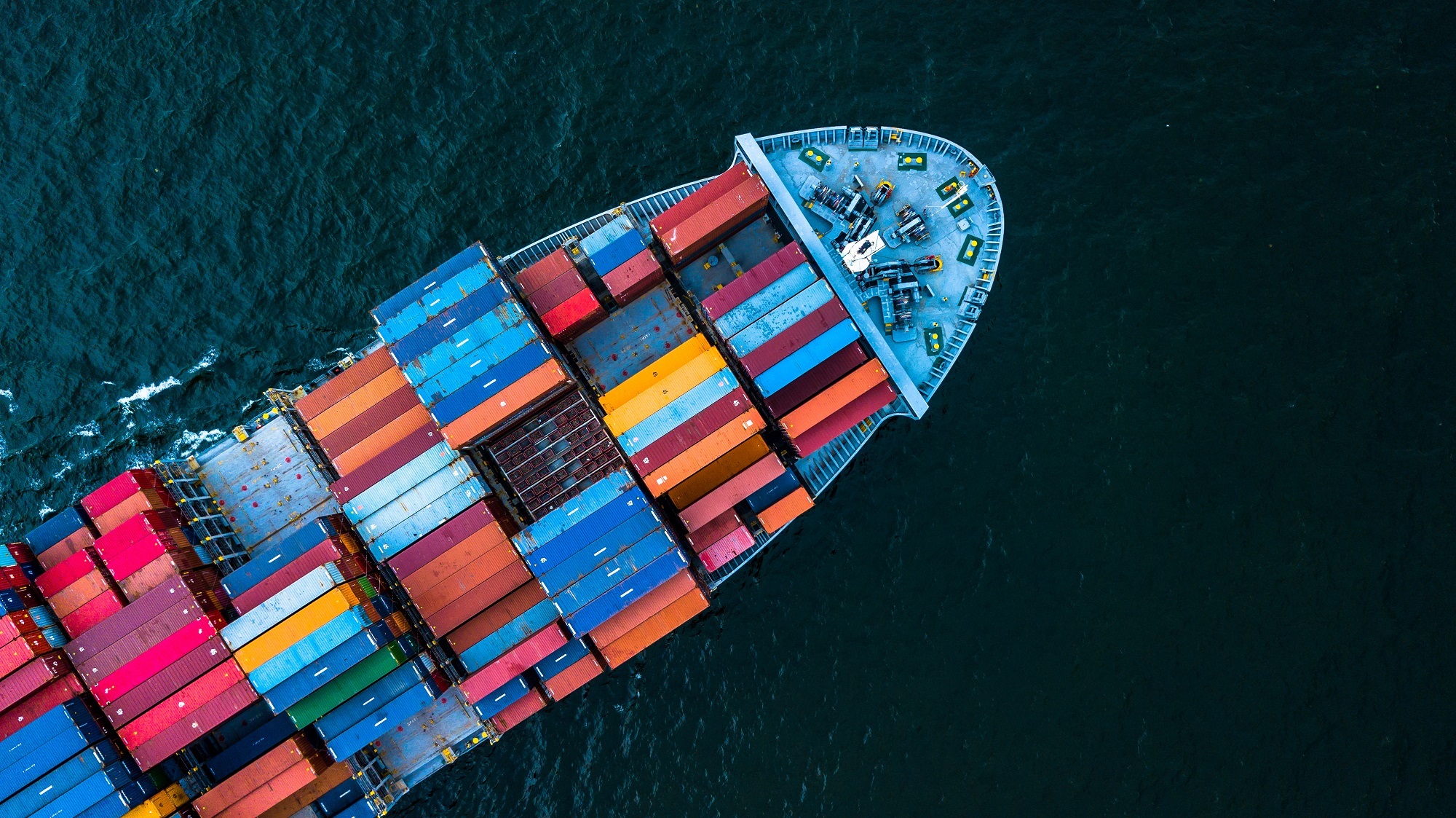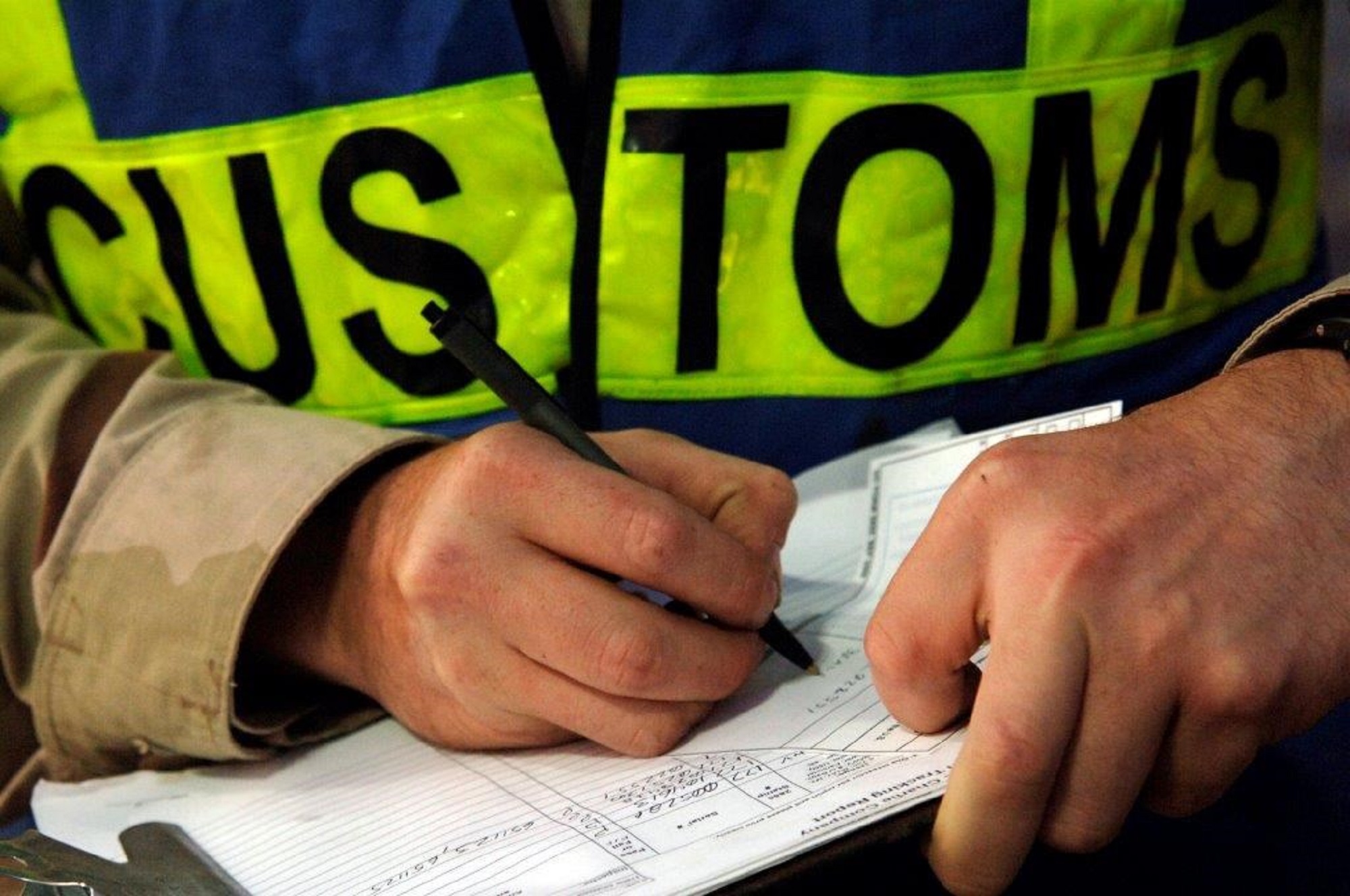The concept ‘fixed establishment’ in VAT is constantly under development. Recently, two interesting proceedings about this theme were referred to the Court of Justice of the EU. Moreover, on 19 December 2020 the Dutch State Secretary for Finance published an updated decree on the fixed establishment (no. BWBR0044522, hereinafter referred to as: the decree). In this update we discuss these developments, as well as the practical consequences.
Fixed establishment: the pending cases Titanium (C-931/19) and Berlin Chemie (C-333/20)
The fixed establishment in VAT (hereinafter referred to as: the FE) is an establishment, unlike the main establishment of the business, that is characterised by a sufficient degree of permanence and suitable structure in terms of human and technical resources to receive or supply services. The FE forms the connection point for the levy of VAT.
The interpretation of the term fixed establishment regularly results in discussions with the Tax Administration, home and abroad. For instance, the Titanium case centres on the question whether a leased immovable property without deployment of staff can be qualified as a FE. In addition, in the Berlin Chemie case the European Court is asked, inter alia, whether a FE requires own resources or whether it also suffices when an entrepreneur directly disposes of the staff and the technical resources of an affiliated (controlled) company.
The ultimate rulings in both cases may significantly influence the manner that the term FE should be interpreted. In particular the Berlin Chemie case bears relevance because the outcome in this case may be decisive to the question whether the business assets of the one legal person can form a fixed establishment of the other. An affirmative answer to this question may result in considerable practical complications (e.g. in a group context).
Decision: procurement FE may result in VAT registration
An important component of the recently published Dutch decision regards the term ‘procurement FE’. According to the State Secretary, a procurement FE located in the Netherlands is relevant in terms of VAT when it purchases B2B services for its own needs. The procurement FE exclusively carries out supplies for the benefit of the main establishment and, consequently, not for third parties. The said supplies are not subject to VAT. As a result, for those supplies, the procurement FE is generally not required to register for VAT purposes in the Netherlands.
For foreign entrepreneurs who supply services to a Dutch procurement FE the absence of a VAT registration of the latter may lead to complications. Namely, the services are usually taxable in the Netherlands, where, on the basis of the reverse-charge mechanism, the procurement FE is itself liable to pay the VAT. To remove any uncertainty, the Dutch State Secretary indicates that the procurement FE must, as the occasion arises, register for VAT purposes in the Netherlands (with the Tax Administration for Foreign Entities in Heerlen).
Decision: other subjects
The decision also addresses a number of other aspects with regard to the FE. Without providing an exhaustive overview, we refer to the following topics:
The term FE: an establishment that does not make supplies to third parties and only performs supporting activities for the main establishment is not a FE. The decision also mentions that a legally independent subsidiary can, save exceptions, not be qualified as a fixed establishment of the parent company.
VAT grouping: the Dutch State Secretary informs that in the Netherlands a fixed establishment cannot be included in a VAT group ‘separate’ from the foreign main establishment. As a result the Skandia ruling (no. C-7/13) does, in his opinion, not affect this situation.
Deduction of VAT: the decision also addresses the manner that the deduction of VAT must take place if a Dutch FE incurs costs that are partly or exclusively allocable to the operations of the foreign main establishment (also see the ruling in the Morgan Stanley case, no. C-165/17). In these instances special pro rata brackets apply to the deduction of VAT. In addition, the entrepreneur should check entitlement to deductibility both in the Netherlands and in the Member State where the main establishment is located.
Intervention criterion: the Dutch State Secretary indicates when there is, in his opinion, an ‘intervention’ of the FE to supplies that are made by (the main establishment of) a foreign entrepreneur in the Netherlands. If intervention takes place the FE is liable to pay VAT in the Netherlands in connection with the supplies.
Recipient of supplies: the Dutch State Secretary provides indications about the manner that one can determine what establishment is the recipient of supplies of services.
In conclusion
The term fixed establishment is constantly under development. Hence, it is important to determine the tax position of all of your establishments correctly and in accordance with the (European) rules. An incorrect VAT qualification can result in additional assessments and considerable fines. This applies to both your (fixed) establishments in the Netherlands and those abroad. If you would like to receive additional information, or would like to discuss your business situation, then contact us.
This content was published more than six months ago. Because legislation and regulation is constantly evolving, we recommend that you contact your Baker Tilly consultant to find out whether this information is still current and has consequences (or offers opportunities) for your situation. Your consultant will be happy to discuss the latest state of affairs with you.





